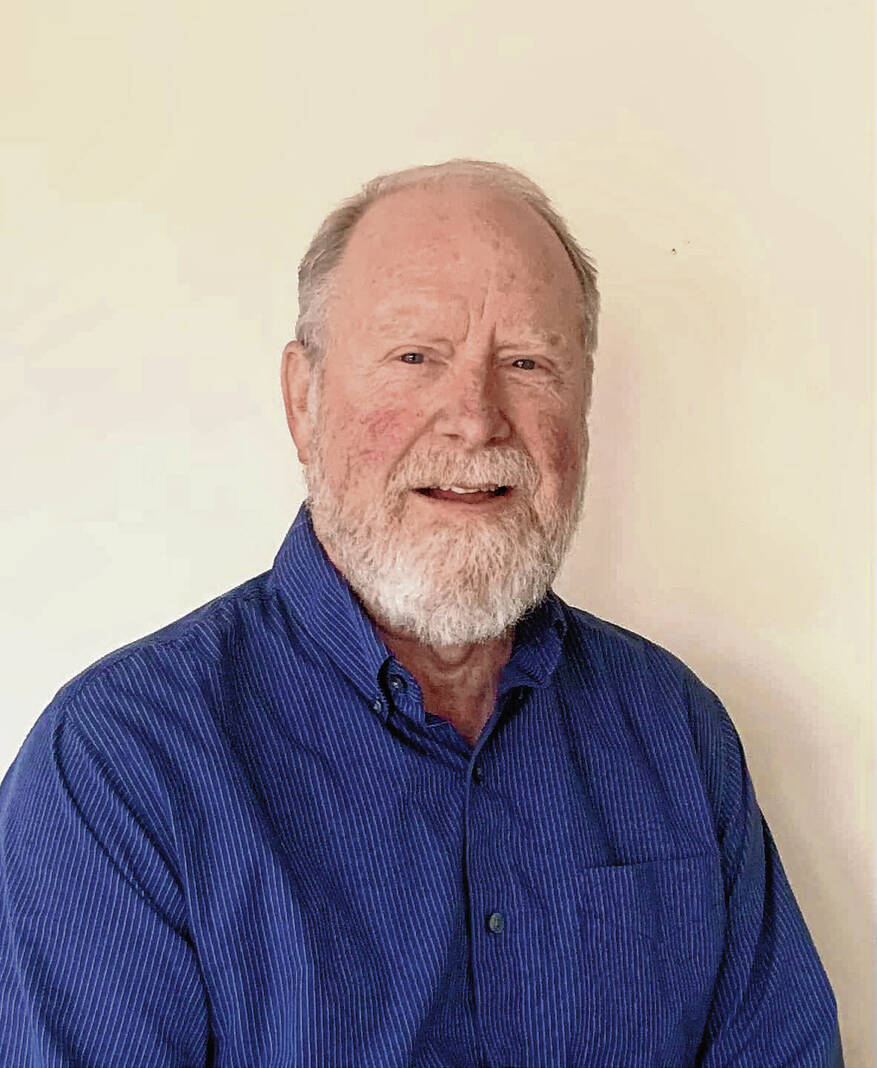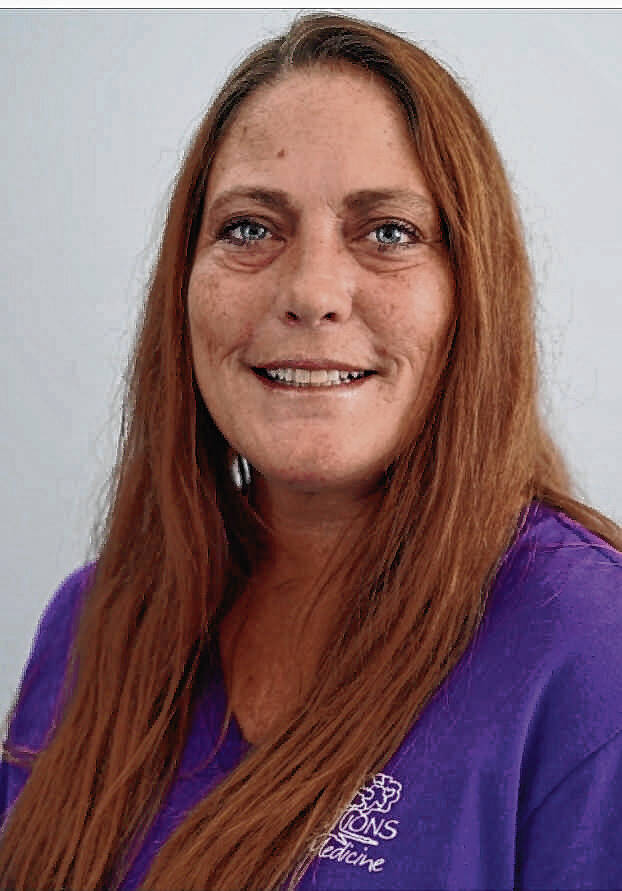

Today begins a four-article series on recovery in Jackson County.
This article will introduce the Jackson County Recovery Program and touch on substance use disorder. Article 2 will feature Dr. Ryan Sarver with Schneck Medical Center and will address reducing the stigma associated with SUD. The next article will introduce the One Pill Can Kill awareness program initiated by the U.S. Drug Enforcement Administration. The last article will be a county youth perspective on SUD.
Let’s begin with the Substance Abuse Mental Health Services Administration’s working definition of recovery from mental disorders and/or SUD: “A process of change through which individuals improve their health and wellness, live a self-directed life and strive to reach their full potential.”
There are four accepted major dimensions that support a life in recovery — health, home, purpose and community. We might all agree these dimensions define the well-being of our whole community.
A 16-month grant awarded to the city made the recovery program possible, and we will use many of the successful program ideas developed by the Alliance for Substance Abuse Progress program in Bartholomew County.
The Jackson County Recovery Program leaders are meeting with community leaders, local, state and national recovery organizations and programs, law enforcement, criminal justice, health care, housing and mental health to assess the level of resources offered here and identify needs not being addressed or underserved. We are reviewing data, reports and previously completed needs assessments.
Based on the information gathered, we will make recommendations and answer questions about the need for an ongoing county recovery program. Our recommendations will include whether there is a need for an ongoing program, and if so, provide a suggested organizational structure and governing mechanism, propose an operating budget and suggest a sustainable method of funding.
One very promising finding from our meetings to date is there is a strong recovery community already in place. Everyone will readily acknowledge there is always more that can be done, but we have capable people working in recovery, and many of them are in recovery and giving back in tremendous ways.
To quote Sara Bowling, kitchen manager of The Alley, “When we see a problem, we do what we can to fix it.” Imagine how much more effective we could be if the whole community embraced this idea.
SUD is a real chronic issue in Jackson County. It is extremely complex and is multifaceted. To have healthier, safer communities, we need everyone in the county to come together and take part in helping with our efforts. One organization cannot do this alone, nor should they attempt to tackle this alone. We have many resources in our community that are doing great work and serving our most vulnerable populations.
There are some gaps in services the community and organizations devoted to recovery can come together to fill. This goes back to having a healthier and safer community for all to live and thrive.
In 2021, there were 12 deaths in Jackson County due to drug poisoning. One is too many. Education and awareness need to be top priorities regarding the substances sold on our streets and the supply of fentanyl that is present in almost all illicit substances right now. This includes educating everyone — our families, our neighbors, individuals who are incarcerated, individuals who are homeless, our loved ones.
We will devote most of the third article to the One Pill Can Kill program, but because counterfeit pills are so prevalent and causing death to innocent teenagers and others, we will introduce it here. Counterfeit pills are easy to purchase, widely available and often contain fentanyl in lethal dosage. Many of these counterfeit pills are made to look like prescription medications, such as oxycodone, Percocet, hydrocodone, Vicodin, Xanax and Adderall.
Some of the street names for the pills are 30s, 40s, Blues, Beans, Greens, Buttons, Cotton, Hillbilly Heroin, Kickers, Oxy, Oxy 80s, Roxy and Whites.
There are many variations of counterfeit pills, and they have a close resemblance to the legitimate pills obtained from a pharmacy.
Never trust your own eyes to determine if a pill is legitimate. The only safe medications are ones prescribed by a trusted medical professional and dispensed by a licensed pharmacist.
Everyone should carry naloxone (name brand Narcan), and every household should have doses on hand. This medication is administered via nasal spray to reverse an opioid drug poisoning.
Currently, there are two NaloxBoxes installed in Jackson County. The boxes are free and unlocked for anyone to have access. Each box holds about 15 doses and is replenished weekly. The service is free and accessible 24/7 for anyone.
The boxes are located at Anchor House Family Assistance Center and Pantry at 250 S. Vine St., Seymour, on the side of the building, and at Beauty from Ashes Tattoo Parlor, 201 N. Armstrong St., Crothersville, on the front of the building.
No questions asked and no shame or judgment. Jackson County residents also can call 812-569-4676 for free doses. Naloxone is available from your local pharmacy, without prescription or at the Jackson County Health Department, 801 W. Second St., Seymour.
